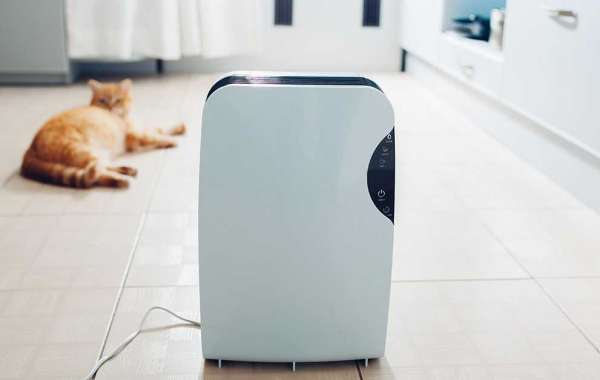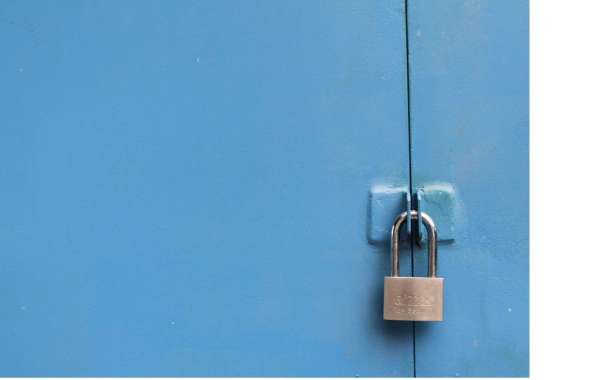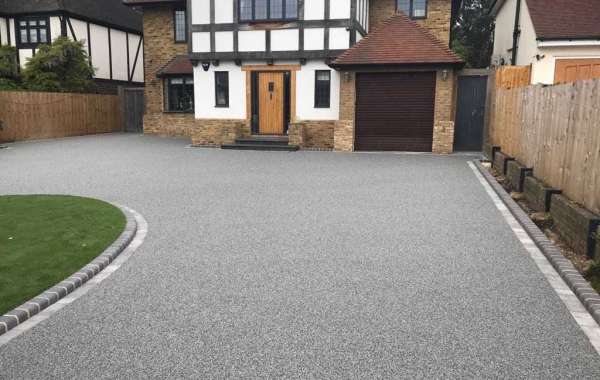At home is where most of us find our greatest peace and perhaps the most relaxing from air purifier review 2022. It helps us to wind down a hectic day and even enjoy most of our beloved amenities such as sleep, chat with family and friends, and entertainment. However, as we spend time indoors, we usually overlook air quality. In other words, air quality in our homes is equally important as we enjoy our day to day indoor amenities.
Many times, indoor air contains tiny microbe sized items that can have numerous and diverse effects on our health once inhaled into the body. These range from allergy related problems or flu among other serious health conditions. With modern technological developments, however, it’s been possible to use an air purifier to clean out the air we breathe when indoors. For this reason, you need an air purifier and here, we take a look at 15 good reasons you need to get one for your home.
What is a HEPA filter?
Many purifiers contain a HEPA filter, which stands for high-efficiency particulate arresting. These filters trap particles that are 0.03 micrometer in diameter. HEPA filters have several pleats to trap dust and pet hair in the home to help alleviate allergy symptoms. However, they don’t work well with odors or gases.
HEPA filters can trap small particles that remain airborne for longer periods of time. Dust, pollen and mold are heavier and tend to fall to the ground or latch onto surfaces before they have the chance to pass through a filter.
As an alternative to HEPA filters, some filtration systems use activated carbon to purify odors and gases. Activated carbon filters are more expensive and need to be replaced more often.
How do they work?
Air purifiers can help improve the quality of the air. There are three types of filters available:
Filtered air purifiers: Capture pollutants in the air and trap them in a filter cartridge.
Electrostatic air purifiers: Create charged particles and then use the charge to attract and trap the particle in the filter.
UV light-emitting air purifiers: These devices use UV light to neutralize certain pollutants, such as bacteria and viruses.
The EPA says that an air purifier should come with a clean air delivery rate (CADR) — a higher rate indicate the purifier’s ability to filter larger areas or rooms.
Other health experts state that electric air purifiers from https://www.topairpurifier.org/winix-air-purifier-c545-review/ , such as electrostatic and UV light-emitting purifiers, create ozone gas. In addition to these types, ionizers and hydroxyl generators also produce ozone gas. The specialists warn that these types of filters can create potentially hazardous indoor air pollution.
The Environmental Working Group states that people should use a high-efficiency particulate air (HEPA) filter to prevent air filters from emitting ozone.













